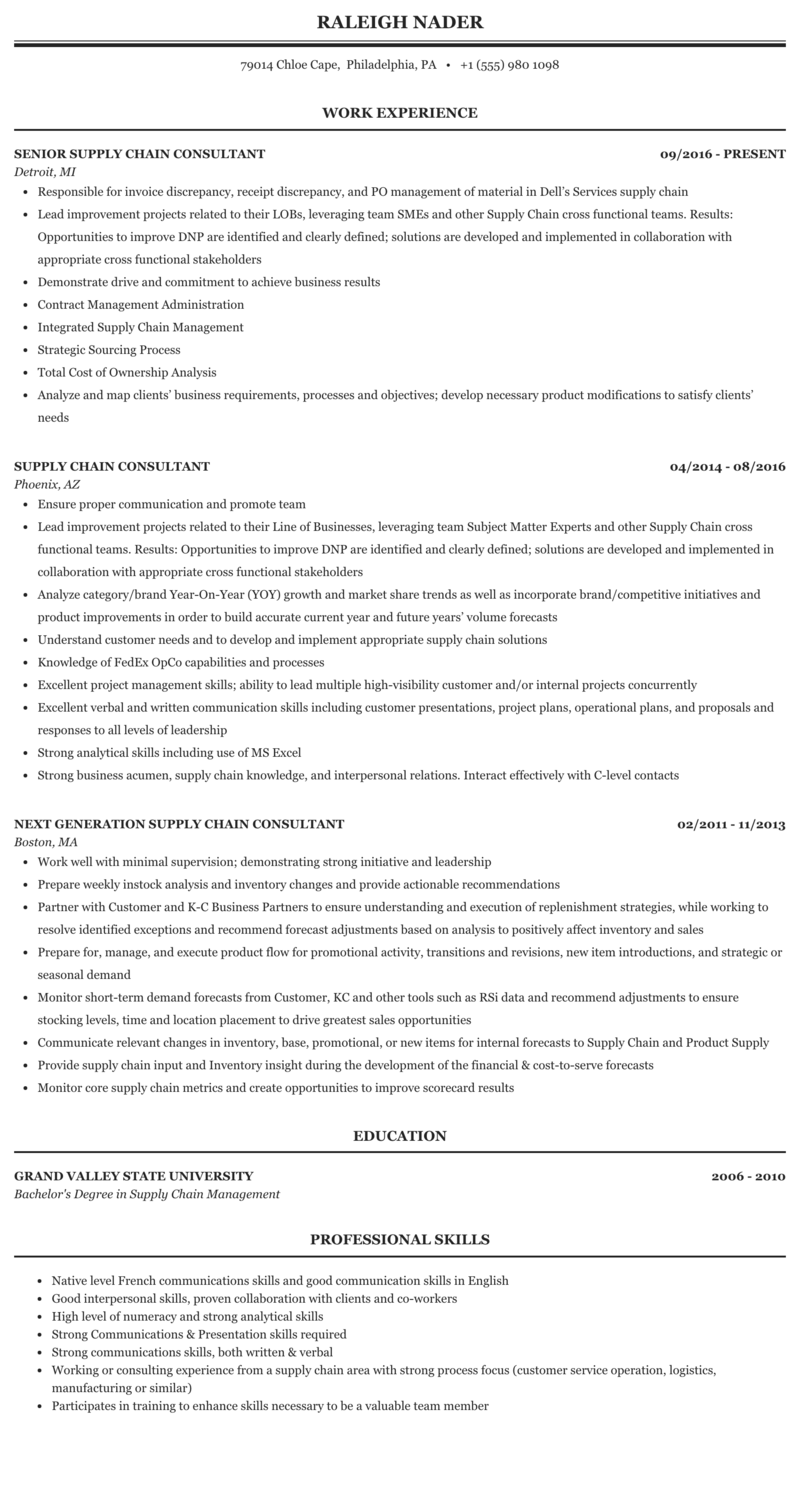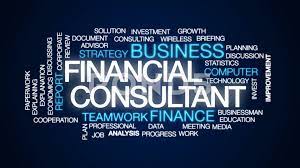
When it comes to hiring startup employees, EQ is often more important than IQ. While it used to be the case that every employee of a startup automatically received equity, today's tight talent market makes that strategy a thing of the past. It can be difficult to establish a startup's brand recognition, in addition to their IQ.
In startups, EQ matters more than IQ
Employers seek employees with a higher emotional intelligence than their IQ. Because EQ is a process that is constantly evolving, most companies prefer people with higher emotional intelligence to high IQ. However, EQ can't be measured in the same way as IQ. EQ may be measured by self-awareness as well as self management and self-regulation. Interviewers should be attentive to the candidates' responses to different situations and their handling of conflict.
EQ is crucial in a startup environment. It is particularly important during the initial stages of a company's growth, where customer discovery, team building and pivoting are all essential. Leaders with high EQ bond with their employees and can empathize with them. This helps them build high-performing team members. You can screen for EQ by asking candidates to answer questions about their self-awareness and relationship management.

Startup hires need to be able to recognize their brand.
For startups, it can be challenging to get brand recognition in the early days. This is why it is so important for companies that they clearly communicate their goals to their candidates and keep them informed of the key milestones. Early stage startups may not be as secure as established businesses. Therefore, candidates should be aware of the long hours and multiple responsibilities.
Big Tech companies recruit
If you're a startup looking for employees, it can be difficult to compete with big tech firms. You can gain a competitive edge over large tech companies by hiring the right people. Here are some ways to attract the best talent. Start by using the power of referrals. Ask your employees to refer you the best candidates.
These companies are committed to their employees and provide great benefits. Attending tech events hosted worldwide by these companies will help you learn more about them. These events often attract the top talent in the tech sector.
How to get started as a founder
Consider consulting an early-stage founder if you are in the process to hire for your startup. The perspective of a founder can help you determine the type of leader you need. Early-stage startups are not yet profitable, but they have already established a market need and attracted industry-specific investors. They will need to find the right people to make their business profitable.

It is vital to hire the right team, including the cofounder, for your startup. These hires will be the foundation for your venture's success. Founders' networks are the best source of talent, but if you don't know the founders personally, you might not get the best candidates.
Multitalented employees are a great way to hire
Startups have many benefits over large companies. They can also hire people with different talents and backgrounds. These employees not only have a wide range of skills but also benefit from a culture which encourages curiosity and self-initiative. In a startup, employees might learn more about new technologies during their training.
Hiring multi-talented workers can reduce risk and lower hiring costs. Because they are able to take on multiple roles, these individuals often cost less than training two different specialists. It's also safer to hire one person to expand a role than two.
FAQ
What qualifications do you need to become a consultant in order to get your degree?
You can become an expert in any subject by learning the subject thoroughly, then applying what you have learned.
If you are interested in becoming a great advisor, then start learning now!
Employers may be reluctant to hire people with a degree, but not the relevant experience. If you can show that your education is comparable to the job applicants, you may still be eligible for employment.
Employers will always search for candidates with real-world experience.
What jobs are available as consultants?
You will need to be able to understand business strategy and operations if you want to work as a consultant. Understanding how businesses work and their place in society is also essential.
Being a consultant requires great communication skills and the ability think critically.
Because consultants may be required to perform different tasks at different times, they must be flexible. They should be flexible enough to change direction quickly if needed.
They should be willing to travel extensively on behalf of their clients. They may be required to travel all over the globe for this type of work.
They must also be able handle stress and pressure well. Consultants may need to meet strict deadlines.
Consultants are often expected to work long hours. This could mean that overtime may not always be paid.
How much should you charge to be a consultant?
It depends on your offering. You don't have to charge anything if you provide services free of charge. If you're selling products or services however, prices should be determined based on their value.
If you're providing low-quality service, you don’t have anything to offer. So why would anyone pay you anything?
If you're providing high-quality services you might ask for a greater price. Because people are aware of the value you provide, they will be more willing to pay you a higher rate. Customers who buy multiple services from you may qualify for discounts.
What qualifications do you need to be a consultant?
Not only is it important to have an MBA but you should also have business consulting experience. You must have at least two years' experience working in consulting and/or training within a large company.
You must have worked closely with senior management teams on strategy development projects. You will need to feel comfortable communicating ideas to clients and getting their support.
You'll also need to pass a professional qualification exam such as the Chartered Management Institute's Certified Management Consultant (CMC) certification.
Is it possible to start a consultancy from home?
Absolutely! Many consultants do this already.
Working remotely is a common way for freelancers to work. They use tools like Skype, Trello (Slack), Trello, Basecamp and Dropbox. To avoid being left out of company perks, they often set up their own office space.
Some freelancers prefer to work at libraries and cafes instead of traditional offices.
And others choose to work from home because they enjoy being surrounded by their children.
Of course, working from home has its pros and cons. It is worth it if you love your work.
What can I count on from my consultant to help me?
You should hear back from your chosen consultant within a few days. They will request information about your company including its mission and goals, products, services, budget, and other pertinent details. Next, they'll provide a proposal describing the scope and estimated time frame, fees, deliverables or milestones, as well as an estimate of costs.
If everything looks good, then the two parties will negotiate a written contract. The type of relationship between the parties (e.g., employee-employer, independent contractor-employer) will affect the terms of any contract.
If all goes well, the consultant will start working immediately. The consultant will have access your internal documents and resources. Additionally, you'll have access their skills and knowledge.
But don't assume that anyone who is a consultant has all the answers. It takes effort and practice to become an expert in whatever field you consult. Don't expect your consultant know everything about your company.
Statistics
- According to statistics from the ONS, the UK has around 300,000 consultants, of which around 63,000 professionals work as management consultants. (consultancy.uk)
- So, if you help your clients increase their sales by 33%, then use a word like “revolution” instead of “increase.” (consultingsuccess.com)
- 67% of consultants start their consulting businesses after quitting their jobs, while 33% start while they're still at their jobs. (consultingsuccess.com)
- On average, your program increases the sales team's performance by 33%. (consultingsuccess.com)
- According to IBISWorld, revenues in the consulting industry will exceed $261 billion in 2020. (nerdwallet.com)
External Links
How To
What does a typical day look like for a consultant?
The type of work that you are doing will affect the typical day. You'll spend your time researching new ideas and meeting clients.
You will have many meetings where clients and you can discuss their issues. These meetings may be over the phone via email, on-line, or face-to–face.
The proposal is a document that outlines your ideas and plans to clients. These proposals should be discussed with a mentor or colleague before being presented to clients.
After all the preparation and planning, it's time to actually create some content. You could write articles, design websites, edit photos or conduct interviews.
Based on the scope and complexity of the project you may need research to obtain relevant statistics. This could include finding out how many customers your company has and whether they purchase more than one product.
Once you have enough information, it is time to present your findings and conclusions to clients. You can either present your findings in writing or orally.
You must also follow up with clients following the initial consultation. You can call clients to ask how they are doing or send emails asking for confirmation that your proposal was received.
While this can be a slow process, it's essential to remain focused and maintain good working relationships with clients.